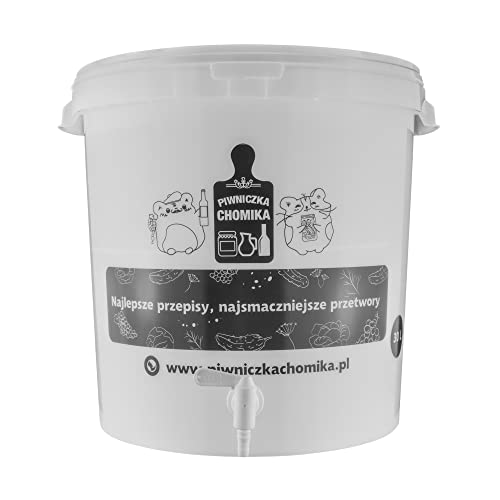- Joined
- Mar 6, 2019
- Messages
- 8,146
- Reaction score
- 11,251
Not sure I haven't.Has anyone tried?
I have personally started adding more into the boil. One of the beers I sent to Steve he mentioned that the flavour didn't match the aroma. Basically I was using most of the hops for whirlpool and dry hop. I have since changed this but still dry hop using a nylon bag.







































